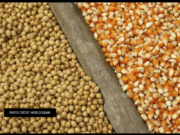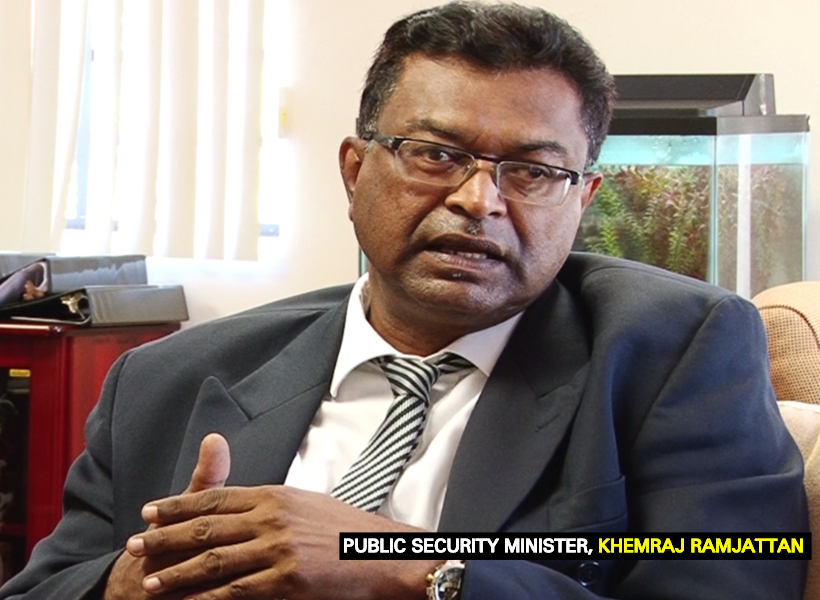Guyana’s economy, on its own, cannot allow for the effective funding of a comprehensive programme that is required to counter the impact of powerful transnational drug trafficking flows. Support from international donor institutions is therefore necessary to aid Guyana in its drug fight.
But the realization of this support has been slow from 2011 to now. In spite of this, the coalition administration continues to make several efforts to address this national dilemma. This was recently noted by Public Security Minister, Khemraj Ramjattan during an exclusive interview with this news agency.
The Minister said, “We may not have all the funding that we need and I have said that this is one of the main obstacles, it is our biggest issue in the drug fight but that has not prevented us from working. Do you know how many things, how many actions we took for 2018? We revised and initialled (by both sides), a Draft – Guyana/ Venezuela Drug Agreement; Hosted Regional Workshops on Negotiations for the United Nations Arms Treaty; Completed and submitted the United Nations Annual Report on Illicit Drugs to the United Nations Office on Drugs and Crime (which was overdue for 10 years) and ensured that the Task Force on Narcotic Drugs and Illicit Weapons participated in meetings with other relevant Agencies at the Office of the President to discuss National Security challenges.
Ramjattan added, “And that is not all. We implemented several recommendations put to Cabinet for adjustments of Ports of Entry to Guyana; and we arranged and conducted Inter – agency meetings with Guyana Forestry Commission, Guyana Gold Board and Guyana Geology and Mines Commission on new communication routes in the border and hinterland regions…We are making strides but more could be done if we had the money. And that is the whole picture I want people to see and understand.”
In addition to this, Ramjattan admitted that over the years, the country has witnessed higher treatment levels of illicit drug users of mainly marijuana and cocaine.
The official said, “Conversely, there were corresponding increases in law enforcement counter drug operations and activities by other national stakeholder agencies to promote public security and public health affected by the societal ills associated with illicit trafficking. In response to this ongoing threat, and in keeping with its national development vision, the Government of Guyana has implemented a series of additional measures to combat the matching problems of demand and supply.”
With the technical support of the Ministry of Public Security in collaboration with other responsible national stakeholders, Ramjattan said that a New National Drug Strategy Master Plan is presently being drafted. Ramjattan explained that this strategy will set out Government’s supreme policy to address the drug problem in Guyana. He said it is intended to summarise national policies, define priorities and allocate responsibilities for the national drug control effort. It will also address the issue of inadequate funding. Ultimately, the Minister said that Government will attempt to create a balance between programmes that bring about improvements in public security and those that do so in public health.
The Minister also noted that he is not opposed to criticisms while stating that the national security community and other stakeholders in the drug fight need to tirelessly continue to identify the strengths and weaknesses of Government’s current efforts and help with providing novel approaches for wider implementation in their counter drug efforts.
Ramjattan said that Guyana is committed to regional and international collaboration in areas such as information sharing, training, and reporting of best practices in law enforcement, abuse prevention, education and the principle of mutual support among all states in the fight against the drug problem.











